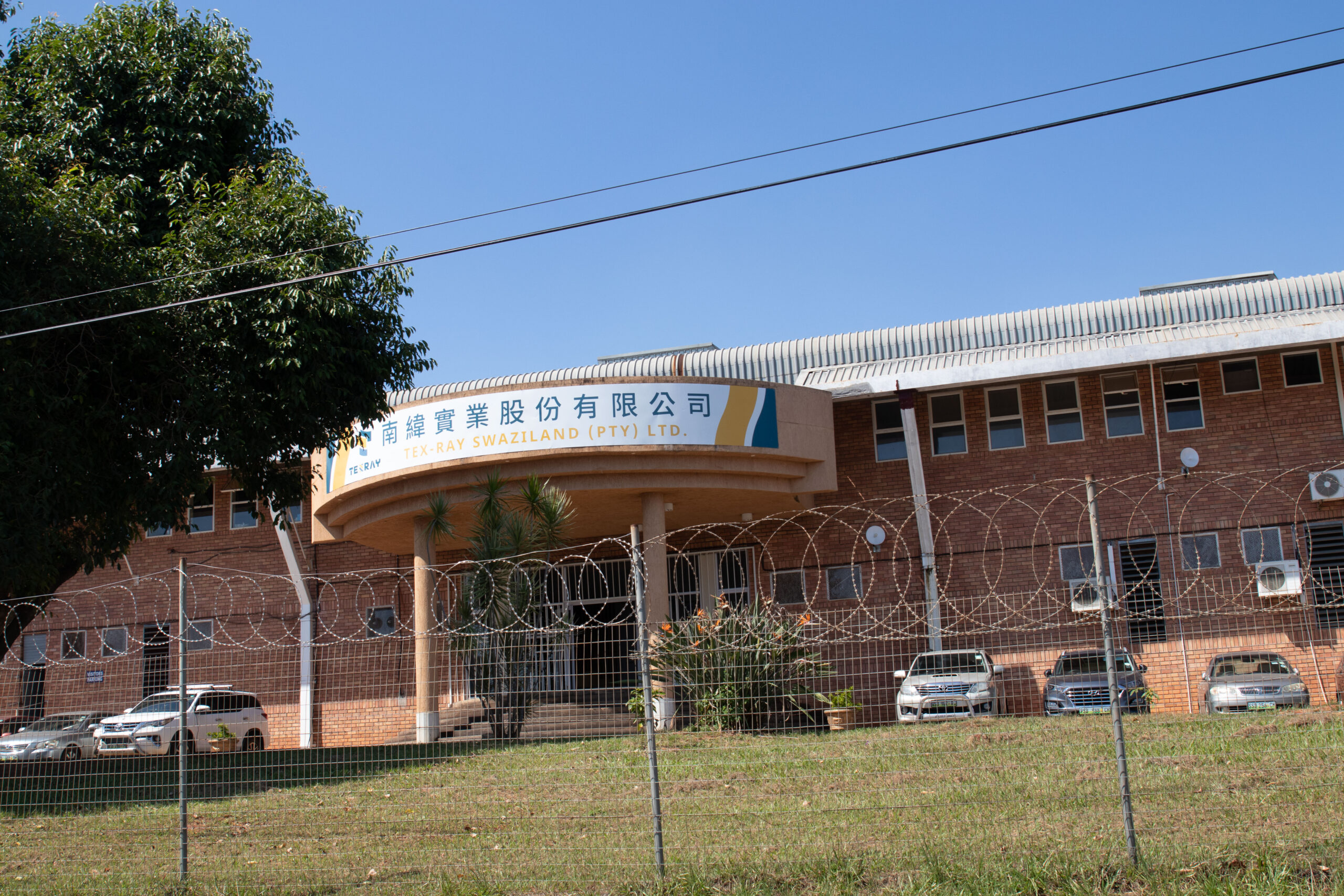
By Ntombi Mhlongo
In a quest to save one of its textile firms from closing and keeping almost 2 000 emaSwati employed, the Tex Ray Group Eswatini is going all out to improve its quality production to attract more orders.
This, it has done by investing millions in the purchase of new machinery it hopes will ensure improved quality production at its Kasumi Apparels Swaziland factory.
The textile factory recently retrenched all its 1 732 workers and halted operations because it did not have enough orders.
The retrenchments were communicated to the Office of the Labour Commissioner, Mthunzi Shabangu by a notice which stated that Kasumi would terminate employee contracts on reasons of redundancy in terms of Section 40 of the Employment Act of 1980 as amended.
Temporary Closure
Following the temporary closure, there have been fears that the firm could cease to exist, something which would automatically spell doom for the affected employees.
However, the workers can heave a sigh of relief as the management of the firm has confirmed that they will be re-engaging them in the coming days until mid-May.
Read More: 10 factory shells urgently needed by investors
The Kasumi Apparels Swaziland comprises four companies which are Kasumi Factory Shell 1, Kasumi Factory Shell III, Printing, Embroilderies, and Cartoon and General. Speaking to the Eswatini Financial Times, Management Manager Wanlong Chow said operations of the firm will resume gradually, and the process of re-engaging the retrenched employees will begin soon.
The exercise, he said, will be taking place weekly until the engagements are finalised. With the challenge which led to the halting of operations being the lack of orders, Chow said the Tex Ray Group, through its brokers and sales team, has managed to secure some orders from clients in different countries including the United States of America.
Strategy
Furthermore, he said, the team has been working around the clock to introduce a strategy which will make the affected textile firm more competitive.
Though not confirming the amount spent on purchasing the new equipment, Chow said it is highly technological and will operate in an automatic process.
“What we can assure is that the arrival of the new machinery will attract more skills and also, we will train the already existing employees, so it is not all doom and gloom like people assume,” Chow said.
When asked about timelines, he said the new equipment is expected to arrive next month and then be fully installed in June. This is because the orders they have secured are supposed to be for the July to December period.
Furthermore, Chow mentioned that as a means of ensuring that they survive in a competitive industry, they will introduce a new mode of production as they have previously used one that he termed traditional.
“This is in relation to the steps followed when making the product. The idea is to make it more flexible while at the same time reducing the costs,” he explained.
Meanwhile, Chow did not hide the fact that the company is suffering due to ongoing global production challenges brought about by the Covid-19 pandemic and the Russia/Ukraine war.
Buy Local
Also, Chow said they were hugely affected when neighbouring South Africa increased its efforts to encourage South African retailers to buy more locally-made clothing – and boost manufacturing jobs which were followed by approval of duty-free import of woven fabrics to be used in domestic production.
Known as the Retail, Clothing, Textile, Footwear, and Leather (R-CTFL) Masterplan, the new idea was aimed at boosting South Africa’s production and jobs.
It is also meant to protect garment and textile jobs by stimulating local procurement, the policy should boost manufacturing at small, medium, and micro-sized enterprises (SMMEs).
Chow said despite the challenges, their textile firm will stay in business and there is no intention of closing it down. Also, he said the firm will continue to make garments and there is no plan to change its name.
Read More: Jonsson Workwear factory construction set to boost Nhlangano economy
“We have been working here for 20 years. We will work for another 20 years and even more,” Chow insisted.
It is not the first that the Tex Ray Group Eswatini is marred by rumours of closure. In October 2014, the management implemented retrenchments saying it wanted to prevent the company from getting into financial losses.
This was necessitated by a threat to remove the Kingdom of Eswatini from the list of beneficiaries of the African Growth and Opportunity Act (AGOA) which was to be effected in January 2015.




